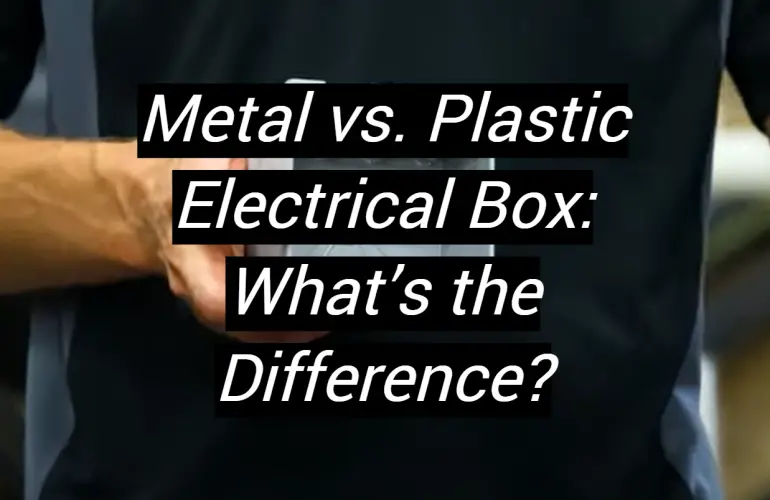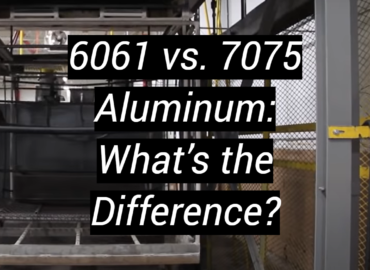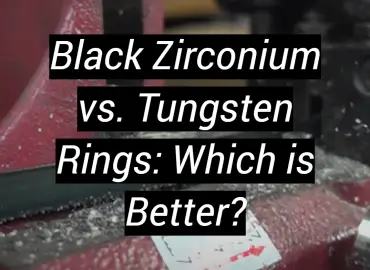When it comes to electrical box installation, one of the most common decisions you’ll have to make is whether to use a metal or plastic box. Both have their pros and cons, so how do you know which one is right for your project? In this article, we’ll answer some of the most common questions about metal and plastic electrical boxes, and help you decide which type is best for your needs.
Metal Electrical Boxes
Metal electrical boxes are made of steel, aluminum, or zinc-plated steel. They’re strong and durable, and they won’t corrode like plastic boxes can. Metal boxes are also better at dissipating heat, which is important in preventing fires.
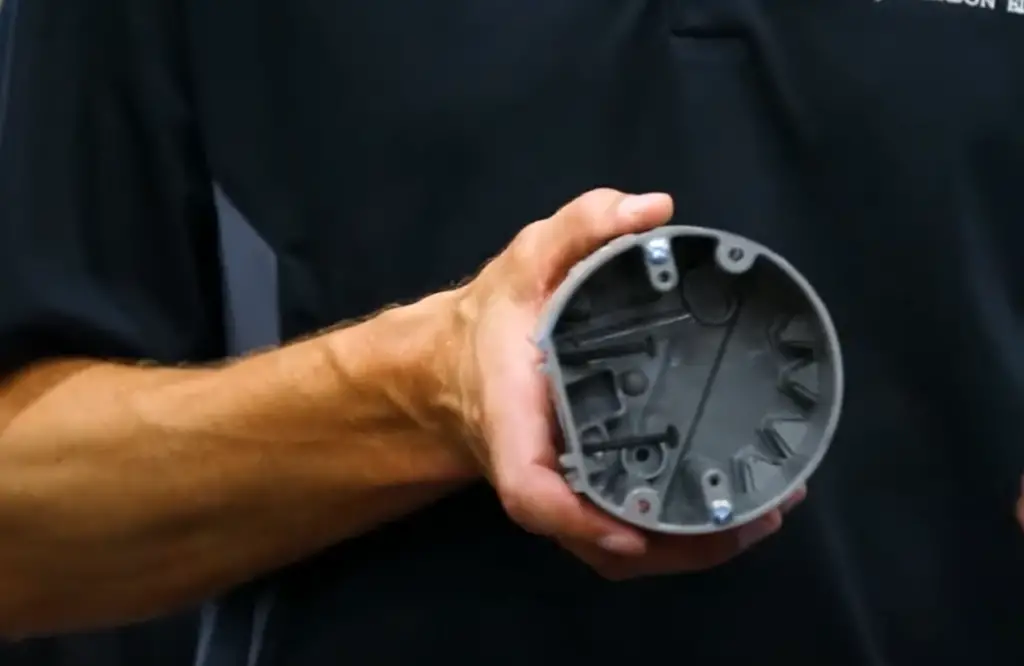
When Metal Boxes Are Highly Recommended Or Required
If you live in an area with severe weather conditions, a metal electrical box is likely required by your local building code. Lightning strikes are especially damaging to homes, and a metal electrical box offers the best protection for your home’s wiring.[1]
Metal boxes are also recommended in high-humidity areas, like kitchens and bathrooms, to prevent corrosion.
Other Metal Box Considerations
- Metal electrical boxes are generally made of galvanized steel, which gives them good corrosion resistance. Steel is also a good conductor of electricity, so it can dissipate heat quickly. This makes metal boxes a good choice for high-current applications.
- Plastic electrical boxes are made of thermoplastic or thermoset materials. Thermoplastic boxes are shatterproof and have good impact resistance. They’re also nonconductive, so they won’t corrode or rust. Thermoset plastic is even more durable than thermoplastic and has excellent chemical resistance.
- So, what’s the best material for an electrical box? It really depends on the application. Metal boxes are a good choice for high-current applications, while plastic boxes are more suitable for corrosive or damp environments.
Plastic Electrical Boxes
Plastic electrical boxes are the most common type of electrical box. They are made from a variety of materials, including PVC, fiberglass, and polycarbonate.
They are also less expensive than metal boxes.Most plastic electrical boxes are UL listed, which means they have been tested and approved by Underwriters Laboratories. This independent testing organization ensures that products meet safety standards.
Plastic electrical boxes come in a variety of sizes, shapes, and colors. Some have built-in clamps that make them easier to install. Others have removable covers that provide access to the wiring inside the box.
When Plastic Boxes Are Recommended
You’ll usually see a plastic electrical box in two situations. One is where the box will be exposed to moisture–either inside or out. These boxes are designed to resist corrosion, and they won’t rust like metal boxes will.
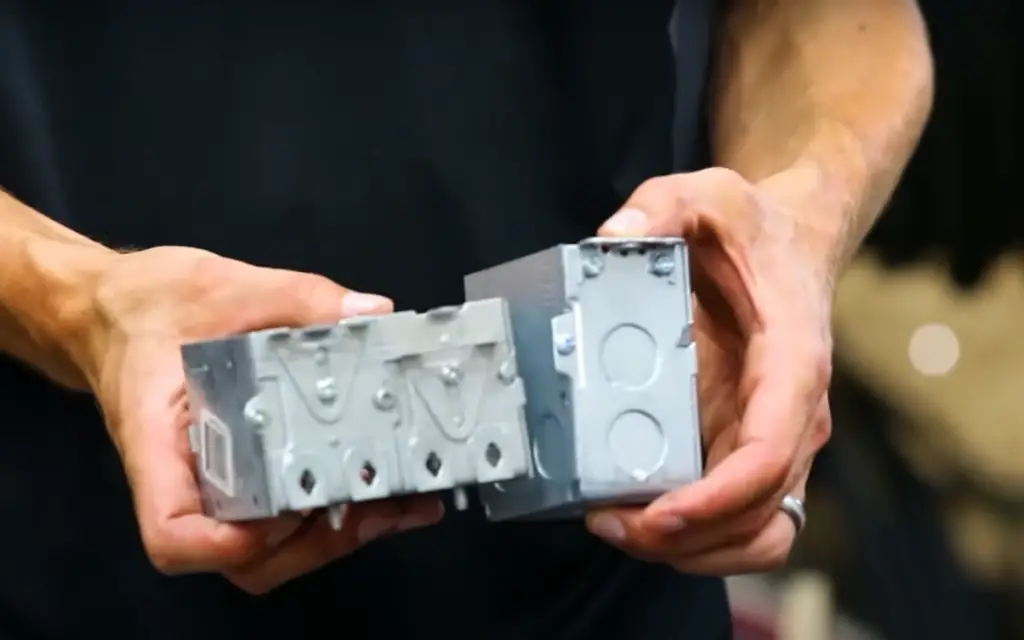
The other situation where you might choose a plastic box is when you’re working with nonmetallic (NM) cable. This type of cable doesn’t have a ground wire, so it can’t be attached to a metal box. You’ll see NM cable most often in homes built before the mid-1960s, but it’s also used in some new construction.[1]
Other Plastic Box Considerations
While PVC electrical boxes are less likely than metal to conduct electricity, they can become brittle and crack more easily in very cold weather. ABS plastic electrical boxes are sturdier, but both types should be rated for the temperature extremes of your area.
PVC is also a petroleum-based product, so it’s not as eco-friendly as metal. If that’s a consideration for you, look for recycled content in the plastic or choose a metal box.[1]
When To Use Plastic Junction Boxes
You can use plastic junction boxes for most low-voltage applications such as alarms, doorbells, telephone systems, and computer networks. You can also use them for some lighting projects.[5]
When to Use Metal Electrical Boxes
Most homes have a mix of both metal and plastic electrical boxes. The main time you’ll see a metal box is when it’s being used for heavy-duty purposes, such as in an industrial setting or for large appliances.[2]
Weatherproof Electrical Boxes
Most homes have an electrical panel that contains the main breaker, which controls all the electricity in the house. The branch circuit breakers are also located in the panel and they supply power to specific areas or rooms in the house.
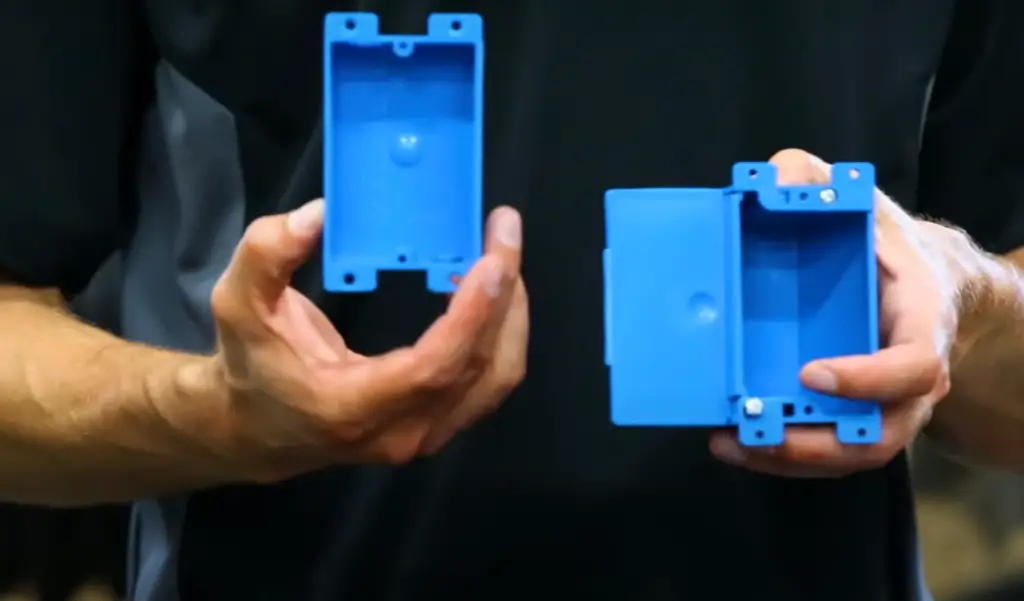
The main breaker and branch circuit breakers are housed in either a metal or a plastic electrical box. The type of material used for the electrical box does not affect how it functions. However, there are some advantages and disadvantages to using each type of material.[2]
Is It Beneficial To Replace The Metal Electric Box With Plastic?
If you’re wondering if it’s beneficial to replace your metal electrical box with a plastic one, the answer is yes! Here are some reasons why:
- Plastic electrical boxes are cheaper than metal ones.
- Plastic electrical boxes are lighter in weight, making them easier to install.
- Plastic electrical boxes don’t rust or corrode like metal ones do.
- Plastic electrical boxes provide better insulation than metal ones, which means they can help protect your home from fire hazards.
- Plastic electrical boxes are available in a variety of colors to match your home’s decor.
- You can find plastic electrical boxes that are specifically designed for outdoor use, which means they’ll stand up to the elements better than metal boxes.
- Plastic electrical boxes are easier to clean than metal ones since they don’t collect dust and dirt as easily.
- Plastic electrical boxes don’t conduct electricity, so they’re safer to use in damp or wet areas.
- Plastic electrical boxes are recyclable, so you can feel good about doing your part for the environment when you choose this type of box over a metal one.[3]
The Advantages Of Plastic Electrical Boxes
Plastic electrical boxes have a number of advantages over their metal counterparts. First, they’re generally lighter and easier to install. Second, they don’t conduct electricity, so they’re safer to work with. Third, they’re less likely to rust or corrode. Finally, plastic boxes are often less expensive than metal ones.
Advantages Of Metal Electrical Boxes
There are several advantages that metal electrical boxes have over plastic electrical boxes. One advantage is that they are much more durable and can last longer. Metal electrical boxes are also better at resisting fire than plastic electrical boxes. They are also better at preventing rodents from getting into the box and chewing on the wires.
Another advantage of metal electrical boxes is that they conduct heat better than plastic electrical boxes. This means that they are less likely to overheat and cause a fire. Metal electrical boxes are also more resistant to damage from high winds and other weather conditions.[4]
When Are Metal Boxes The Better Choice?
If you’re working with new construction or a major renovation, metal boxes are always the better choice. They’re required by most building codes because they’re less likely to catch fire than plastic boxes.
Get Professional Help To Choose The Correct Electrical Box
When it comes to electrical boxes, there are two main types that you will find on the market – metal and plastic. Both have their own set of benefits and drawbacks, so it’s important to choose the right one for your needs.
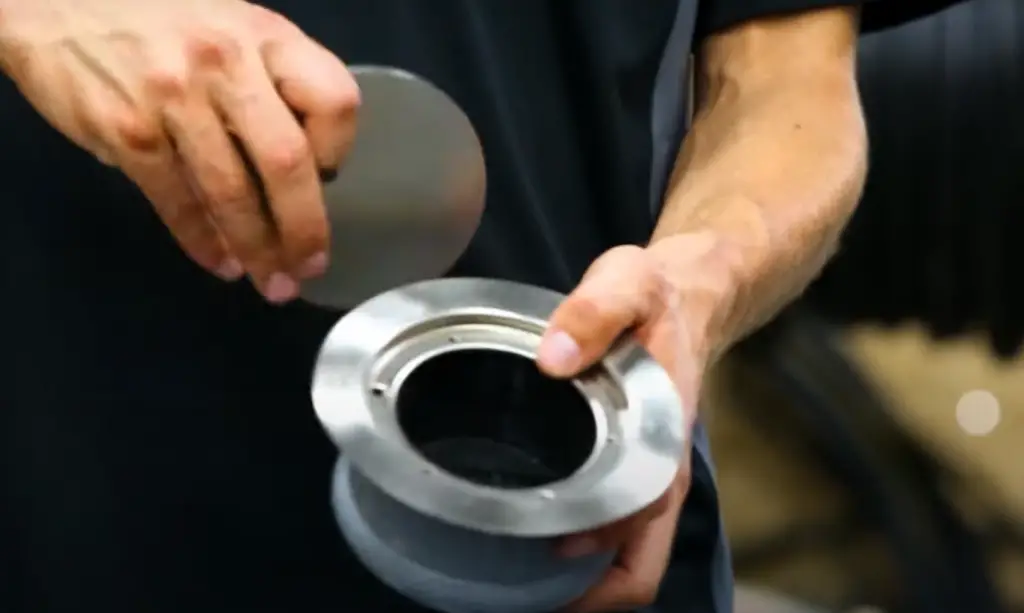
In this article, we will take a closer look at metal and plastic electrical boxes, so you can make an informed decision about which is right for you.[3]
FAQ
What is the difference between metal and plastic electrical boxes?
There are a few key differences between metal and plastic electrical boxes. Metal boxes are generally more durable than plastic boxes, and they offer better protection against fire. Metal boxes also tend to be more expensive than plastic boxes.
Is it OK to use plastic electrical boxes?
Yes, it is perfectly fine to use plastic electrical boxes. In fact, most homes these days are built with plastic electrical boxes. However, if you are working with higher voltage circuits, it is generally recommended to use a metal electrical box.
Can you mix plastic and metal electrical boxes?
Yes, you can mix plastic and metal electrical boxes. However, it is generally recommended to use the same type of box for all the outlets in a circuit. This helps to avoid potential problems down the road.
What electrical box should I use?
The type of electrical box you should use depends on the application. For most home applications, a plastic electrical box will suffice. However, if you are working with higher voltage circuits, it is generally recommended to use a metal electrical box.
What are the 4 types of electrical boxes?
The four types of electrical boxes are: plastic, metal, weatherproof, and junction. Plastic and metal boxes are the most common, while weatherproof and junction boxes are used in specific applications.
How often should you replace your electrical box?
You should replace your electrical box every 20 years or so. This will help to ensure that your electrical system is up to date and running safely.
How much does it cost to replace an electrical box?
The cost of replacing an electrical box varies depending on the type of box you need. A plastic box will typically cost less than a metal box. However, if you need a weatherproof or junction box, the cost will be higher.
How much does it cost to update your electric box?
Updating your electric box typically costs between $100 and $200. This includes the cost of the new box, as well as any labor charges associated with installing it.
Useful Video: 20 Types of Electrical Boxes (with timeline bookmarks)
Conclusion
So, what’s the difference between metal and plastic electrical boxes? Metal boxes are more durable, but they’re also more expensive. Plastic boxes are cheaper, but they’re not as durable. Ultimately, it’s up to you to decide which type of box is right for your needs. Thanks for reading!
References:
- https://www.thespruce.com/plastic-vs-metal-electrical-box-1821522#
- https://www.davidgrayonline.com/blog/should-i-use-a-plastic-or-metal-electrical-box/
- https://www.efficientelectricphoenix.com/electrician-blog/metal-vs-plastic-which-material-is-better-for-your-electrical-box
- https://njelectricservice.com/residential-electrical-services/metal-vs-plastic-electrical-box-whats-the-difference-electrician-in-washington-dc/
- https://architecturesideas.com/metal-and-plastic-electrical-boxes/

